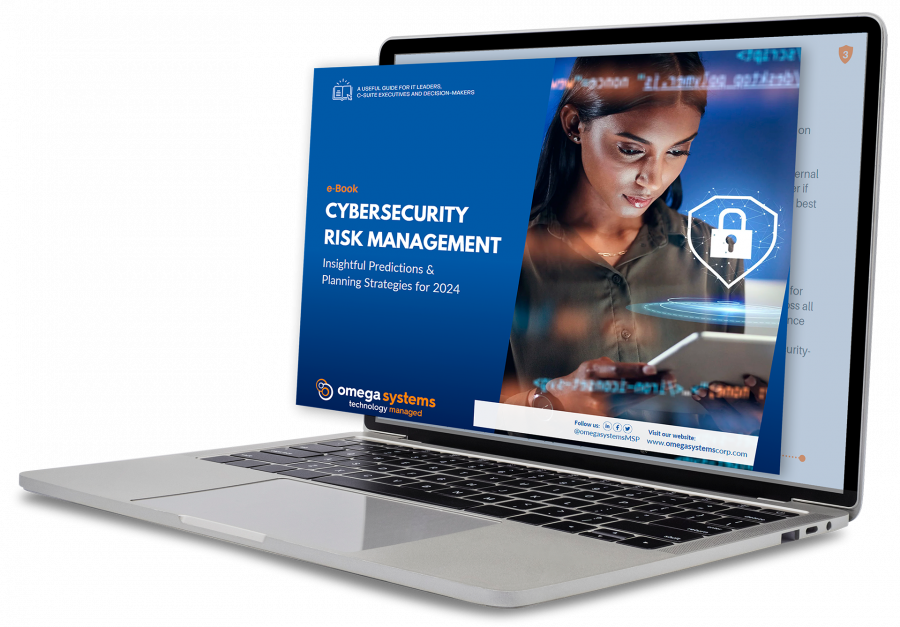
It’s time to file. Tax season has officially begun and you know what that means...scams. Making your tax payments can get stressful but it's important not to cut corners. You could lose your most sensitive information
If you don't take the proper security precautions. We've laid out the different types of scams for you to be aware of and some tips to keep you ahead of the hackers this tax season.
IRS Impersonation
IRS Impersonation scams happen all year round, but they spike during tax season. Particularly at the beginning, before you have a chance to file. Phone scams have the highest frequency but there are various kinds.
Scammers use social engineering tactics to convince victims send money, bank account, or credit card information.. The Treasury Inspector General for Tax Administration reports that between the time of October 2013 and March 2018 there have been over 12,716 victims who have paid collectively $63 million due to phone scams.

Phone Scams
Scammers will call you through an altered caller ID number to make the call seem legitimately from the IRS. They’ll use personal details like your name, or address to appear more valid. This is all information the scammers are able to find on social media.
Once the scammer finally has the target convinced they use aggressive scare tactics to get you to send cash through a wire transfer or prepaid debit card. These scammers will threaten to immediately bring your local police to arrest you if you don’t pay a “tax bill.”
If this happens to you, first you should immediately hang up. The IRS does not make calls of that nature. If you have a genuine concern that you might owe money in taxes you should contact The IRS yourself to check in. They don’t demand taxes to be paid without giving you a chance to appeal the amount owed.
Additionally, tax professionals will never ask for your card number over the phone or call about an unexpected refund. Along with that, the IRS offers a 6 month extension period for those who don’t file their individual taxes by the due date. Those are serious red flags to watch out for.
In some instances these calls result in voicemails if they go unanswered. In a more current scheme, scammers are leaving voicemails claiming to be able to suspend or cancel the victim’s Social Security Number.
This usually scares the victim enough to return the call. They are then required to provide their Social in order to save their account.
If you receive any suspicious calls, contact TIGTA to make a report. Use their IRS Impersonation Scam Reporting web page or call 800-366-4484.
Email Scams
Email scams haven’t been around as long as those over done over the phone but are developing more with time. Just like phone scams, the ultimate goal is to gain your personal information. In a recent scheme, the victim receives an email with links that show an IRS.gov-like website. It includes fake information that appears to be about the taxpayer's refund, electronic return or tax account.
The emails contain a "temporary password" or "one-time password" to "access" the files to submit the refund. But when the taxpayers try and access these, it turns out to be a malicious file. A classic phishing scheme used to take advantage of tax season.

Security Tips
Although these scams prey on the trusting nature of humans, there are still security measures you can take when preparing to do your taxes. Here we’ve provided a list of suggestions to help get you through tax season. You have a right to your individual income tax return but unfortunately a large number of people fall victim every year.
- Many times, hackers will attempt to file your taxes for you and then redirect your tax return to themselves. By filing as early as possible you beat them to the opportunity.
- If you’re filing your taxes online it’s important to use a secure site. The website you use must have an “s” at the end of “http” in the URL.
- Try and find an application that uses Multi-factor authentication. This practice ensures you’re the only one doing your taxes.
- On a general note you should keep your software updated to be sure that there are fewer holes in your network for hackers to infiltrate.
- There is also nothing that contributes more to your cybersecurity than having a strong password that you change on a regular basis.
If you’re interested in learning more about how to protect yourself from cybercriminals during tax season contact The TNS Group today for more information.
Categories: Managed Service Provider, MSP Blogs




